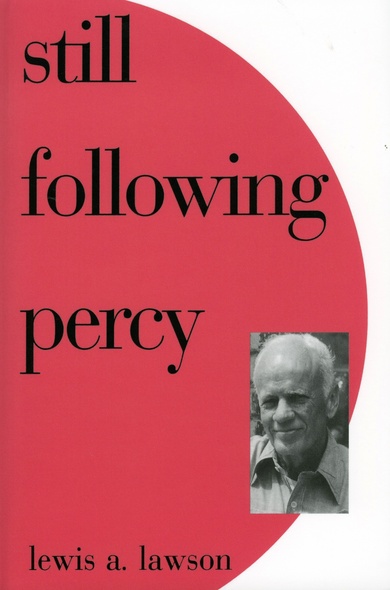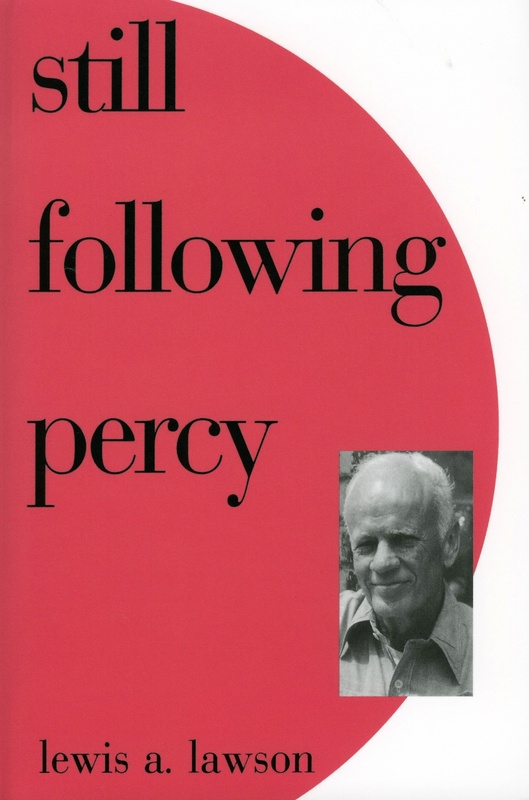Our shopping cart is currently down. To place an order, please contact our distributor, UTP Distribution, directly at utpbooks@utpress.utoronto.ca.
When critics first began to respond to the fiction of Walker Percy, they frequently refarded it as a fiction of ideas. The most significant themes were Percy’s religious, philosophical, and cultural beliefs. Such conceptions of the man were grounded in his own essays, a genre which in his hands tended toward the impersonal and the abstract.
In time Percy critics like William Rodney Allen began to prove into Percy’s biography for resources that verified their intense critical speculations about the background of Percy’s fiction. In his childhood was his father’s suicide and its significant emergence in his fiction. Percy’s biographers have continued this investigation of the father’s influence. Jay Tolson deftly represent the theme of the paternal death as a vacuum Percy felt throughout his life, while Bertram Wyatt-Brown studied the Percy family ethos, which he showed to be shadowed for two hundred years by high expectations, depression, and self-destruction.
Now, in Still Following Percy, a collection of interrelated essays, Lewis Lawson studies the Percy canon to speculate that an earlier and more fundamental shaping of Walker Percy’s character and fictional imagination was his sense of the in adequacy of the relationship with he as an infant had with his mother and of her early death. Lawson argues that the sense of loss led to Percy’s tendency to regression, to his need to create his own life narrative in fiction after psychoanalysis had been insufficient as a means of reconstruction, and to his conversion to Roman Catholicism. Lawson interprets Percy’s conversion as a statement of the possibility of reconciliation through the transcendent truth.
Lewis A. Lawson is coeditor (with Victor A. Kramer) of Conversations with Walker Percy and More Conversations with Walker Percy, both published by University Press of Mississippi.





